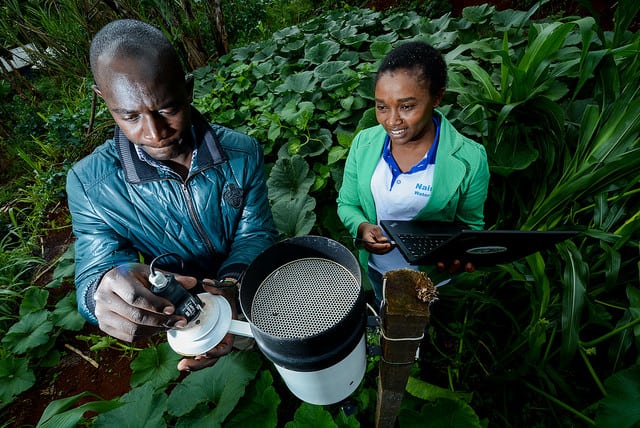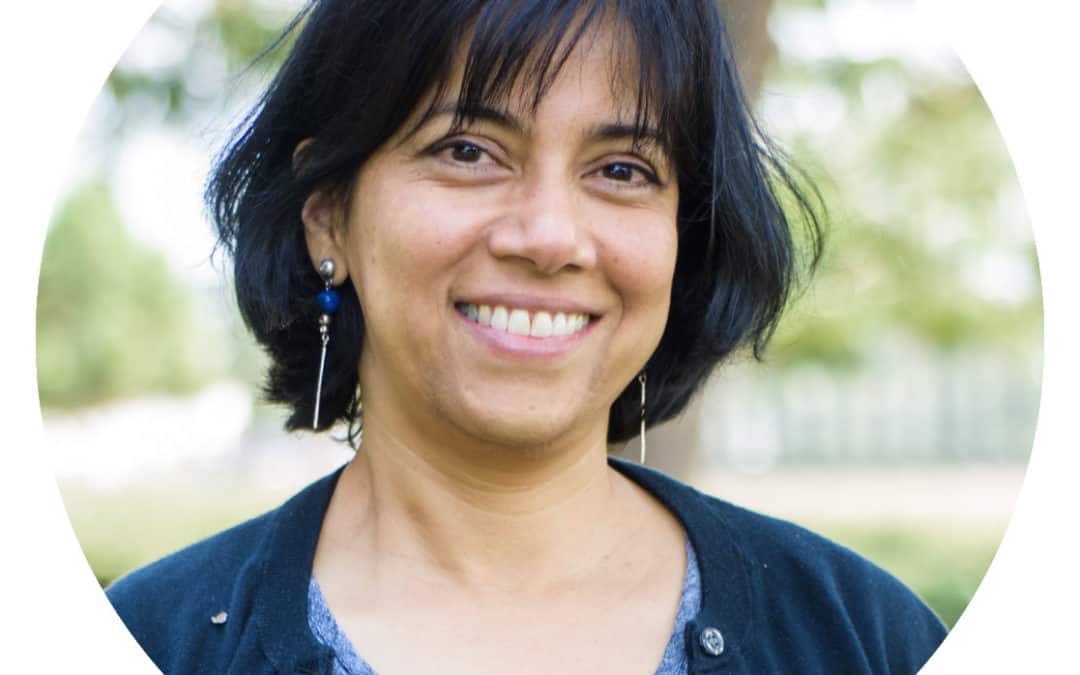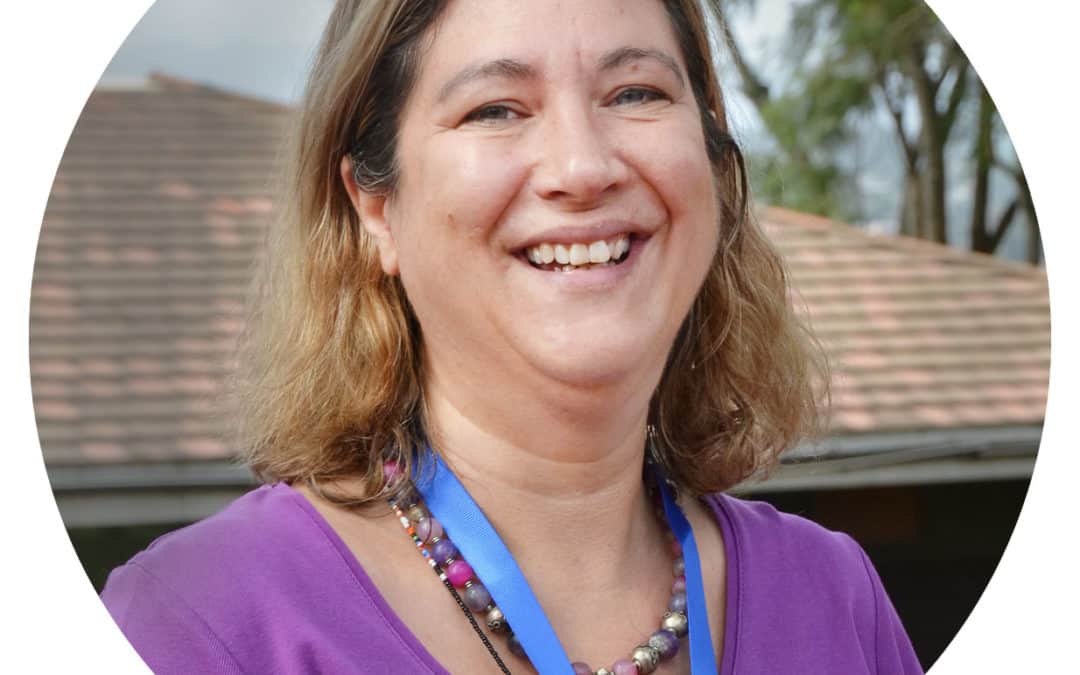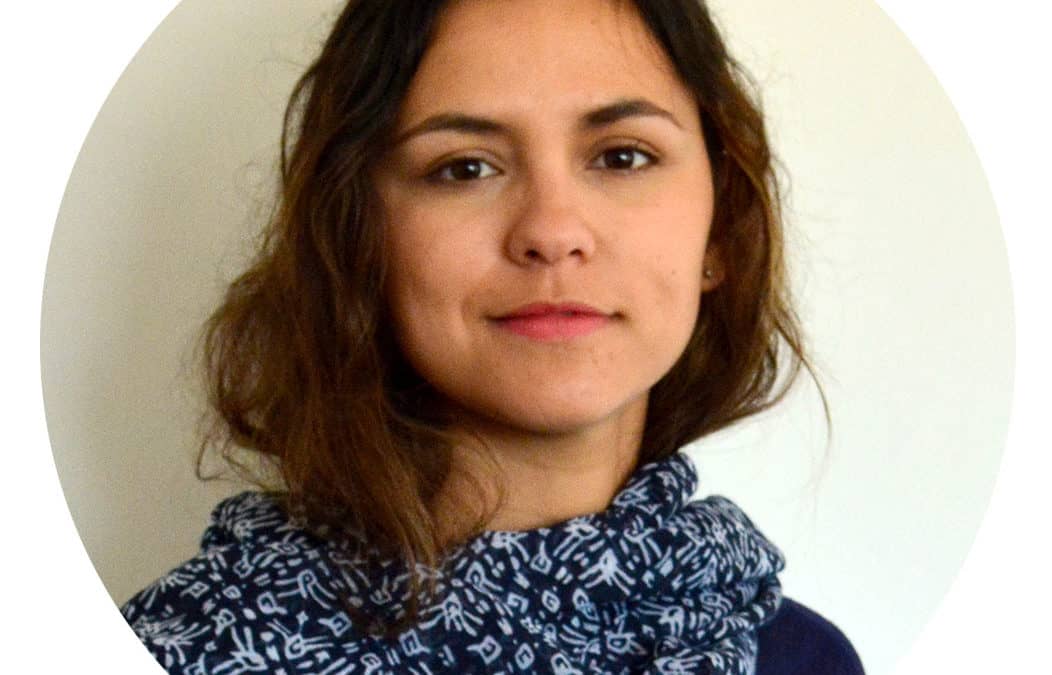
Data democracy: Data from the people, by the people, for the people
If the farmer has right to consume, sell, or share their crop, then what about the data generated by the farm? For real digital empowerment there must also be data empowerment.

by Guest Contributor | Mar 16, 2018 | Application & Use, Blog Competition, Privacy & Ethics
If the farmer has right to consume, sell, or share their crop, then what about the data generated by the farm? For real digital empowerment there must also be data empowerment.

by Guest Contributor | Mar 9, 2018 | IWD2018, Uncategorized
“Just under 50% of the global agricultural workforce is female, and over two-thirds of smallholder farmers are women, by some estimates. Why shouldn’t this female workforce have similar representation in those trying to work for and with them?”

by Guest Contributor | Mar 9, 2018 | IWD2018
“It is an exciting time to work in the data sector, both for women and men. If we get it right, the data revolution can change the livestock & agricultural sector”

by Guest Contributor | Mar 9, 2018 | Innovation, IWD2018
Statistician, ILRI-ICRAF – “Organisations, sectors, and disciplines are always going to work better with a balance of women and men, as well as other aspects of diversity, because we approach problems in different ways and ask different questions.”

by Guest Contributor | Mar 8, 2018 | IWD2018
“It is time to forget all the misconceptions around what a woman can or cannot do. Women should be involved in every discipline of science and in an equal way to men.”
CGIAR Platform for Big Data in Agriculture advocates open data for agricultural research for development. It considers that opening up research data for scrutiny and reuse confers significant benefits to society.
However, the Platform appreciates that not all research data can be open and that a broad range of legitimate circumstances may require data to be restricted.

As an integral component of its advocacy for open data, the Platform promotes responsible data management through the entire research data lifecycle from planning, collecting, storing, disclosing or publishing, transferring, discovery and archiving.
These guidelines were created from information collected from: review on best and emerging practices across various sectors in the fast changing landscape of privacy and ethics (130 external resources); privacy and ethic materials sourced from seven CGIAR centers; first draft was circulated for input and feedback across CGIAR and incorporated into this edition. It’s important to note that this is an evolving document, the next stage is to consult externally for further input.
These Guidelines are intended to assist agricultural researchers handle privacy and personally identifiable information (PII) in the research project data lifecycle.


Ensure compatibility with the DMP-PII (as above) and also the purpose for which prior informed consent has been obtained
Ensure PII is stored securely to protect privacy, through organizational or project specific safeguards to prevent unauthorized access, accidental disclosure or breach of data (physical & technical)
Don’t store data in unsecured locations or on unsecured devices or servers
Don’t store encrypted data and encryption keys in locations where they can be easily accessed simultaneously
Don’t underestimate the importance and value of administrative safeguards to standardize practices (i.e. organizational policies, procedures and maintenance of security measures that are designed to protect private information, data and access)